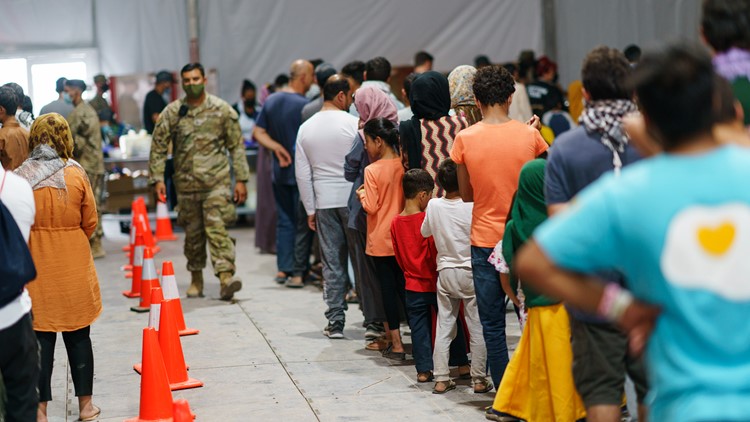ST. LOUIS — The International Institute of St. Louis (IISTL) recently received a $1.5 million grant from the Pershing Charitable Trust to assist in funding the nonprofit's resettlement efforts with Afghan refugees.
IISTL provides services to help immigrants integrate into the St. Louis community, assisting 6,000 new American from 80 countries annually. With the withdrawal of U.S. armed forces in August 2021 and subsequent takeover by the Taliban, tens of thousands of Afghans fled the country. IISTL officials said in August that St. Louis could see 1,000 Afghan refugees arriving here.
The organization said this week that while there will be federal funding to assist in the refugees' resettlement, the amount hasn't increased to reflect inflation and the actual cost of living expenses. Based on the 1,000 refugee arrivals initially expected, there would be an estimated $1.625 million gap in funding that IISTL will have to bridge between grant funding and actual costs.
“The Pershing Charitable Trust is working to support organizations focused on the economic improvement of marginalized communities. The International Institute has for many decades helped refugee families assimilate into the St. Louis community and become important contributors to local economic growth,” Bill Polk, trustee of the Pershing Charitable Trust, said in a statement. “By supporting International Institute of St. Louis’ Afghan resettlement program, we are partnering with an organization who is helping those whose lives were at risk. Once established here, they will also be able to add value to our community given the collective training and skills they developed while working with U.S. military and civilian personnel.”
Click here for the full story.



